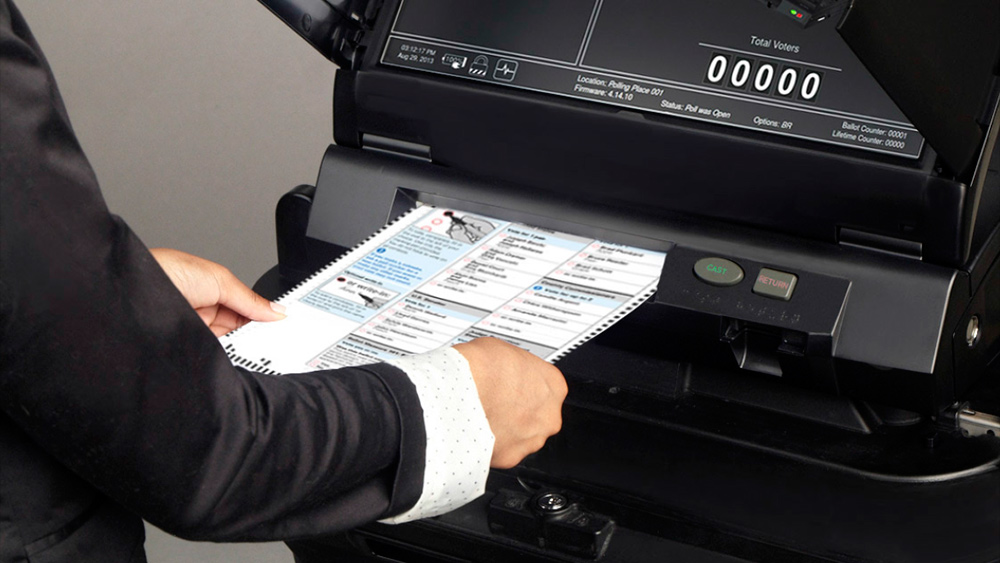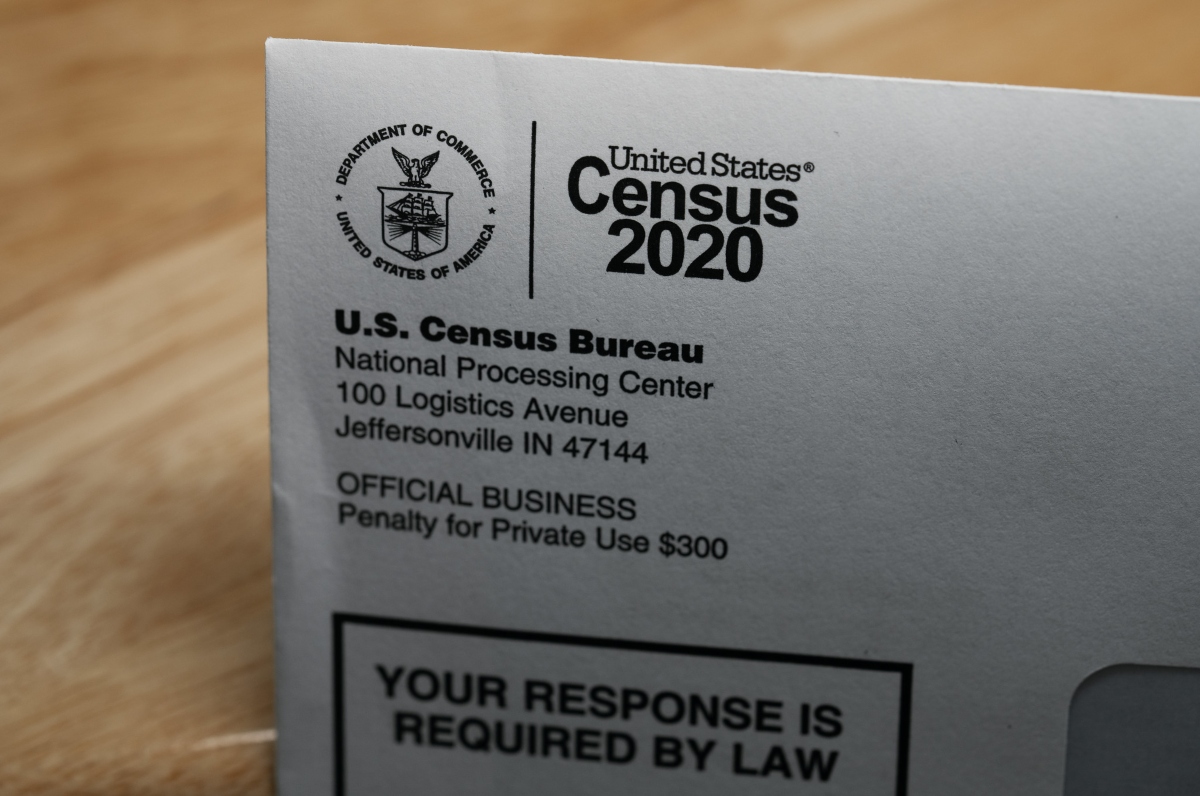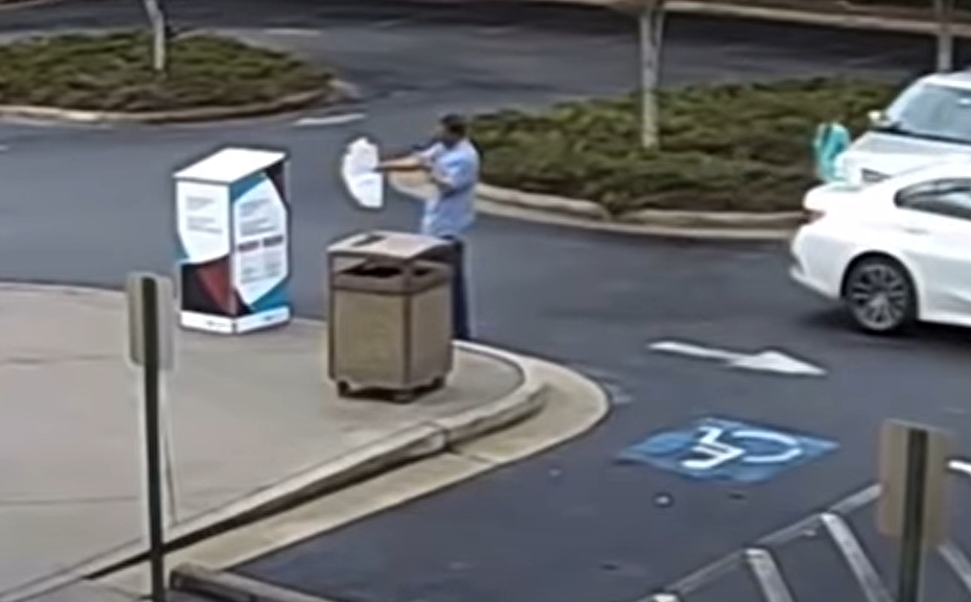
States like Georgia and Pennsylvania where electronic voting machines attached to modems are used to conduct elections have a real problem on their hands as federal law prohibits the use of such machines, rendering the election results they produce null and void.
Georgia is about to have a runoff election for its two state Senate seats and these same modem-connected voting machines are slated to be used. Whatever the results turn out to be, however, will thus translate as invalid because federal law is clear that voting machines must not be able to connect to the internet.
"Once you add that modem, you are de-certifying it," says Kevin Skoglund, a senior technical advisor at the National Election Defense Coalition.
"It is no longer federally certified. And I don't know that all these jurisdictions are aware of that because ES&S is advertising otherwise. The three largest voting manufacturing companies – Election Systems & Software, Dominion Voting Systems and Hart InterCivic – have acknowledged they all put modems in some of their tabulators and scanners."
As it turns out, Dominion and ES&S voting systems were designed decades ago in such a way as to allow for and promote all kinds of voter fraud. And two men in particular are to blame for safeguarding the sham while continuing to promote these machines as some kind of gold standard for holding elections.
Bob Urosevich and Barry Herron between the years of 1997 and 2003 fine-tuned the art of electronic vote manipulation to such a degree that traditional hacking is no longer a requirement in order to change the outcome of an election. Now, it can all be done on the sly through simple chain of custody and source code manipulation.
Have we really not had free and fair elections since the '90s?
It was the year 2003 specifically when a research journalist named Bev Harris developed Diebold Election Systems, which was eventually purchased by Dominion Voting Systems. The Diebold website was developed with "no-login needed" access to a detailed manual basically explaining how to hack the machines.
"If you didn't like the election tallies, it was a simple matter of replacing the file with one that reflected the results you wanted on this FTP site," writes George Eliason for CD Media.
According to Harris, the website was set up for election workers and technicians and included detailed information about how the hardware and software worked, as well as contained election results files, the vote-counting program itself, and various "replacement files" for Diebold's GEMS vote-counting system and the Windows operation system upon which it ran.
"The contents of these files amounted to a virtual handbook for vote-tampering: They contained diagrams of remote communications setups, passwords, encryption keys, source code, user manuals, testing protocols, and simulators, as well as files loaded with votes and voting machine software," Eliason adds.
To make a long story short, it is relatively simple to "break in to," if you even want to call it that, an electronic voting machine produced by Dominion (Diebold) and make it produce the results you want while leaving a minimal paper trail. With a little know-how almost anyone can do it, and this appears to be how the 2020 election was rigged in favor of Joe Biden.
Now, that same technology is being used in the Georgia runoff election, the results of which many say will be dead on arrival legally speaking due to the fact that the systems are capable of being connected to the internet, a legal no-no.
A much more thorough analysis of how easily electronic voting machines can be "hacked" and reprogrammed is available at CD Media.
If stories like this one pique your interest, you will find more of them at Trump.news.
Sources for this article include:
Please contact us for more information.





















